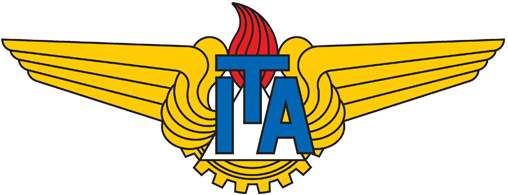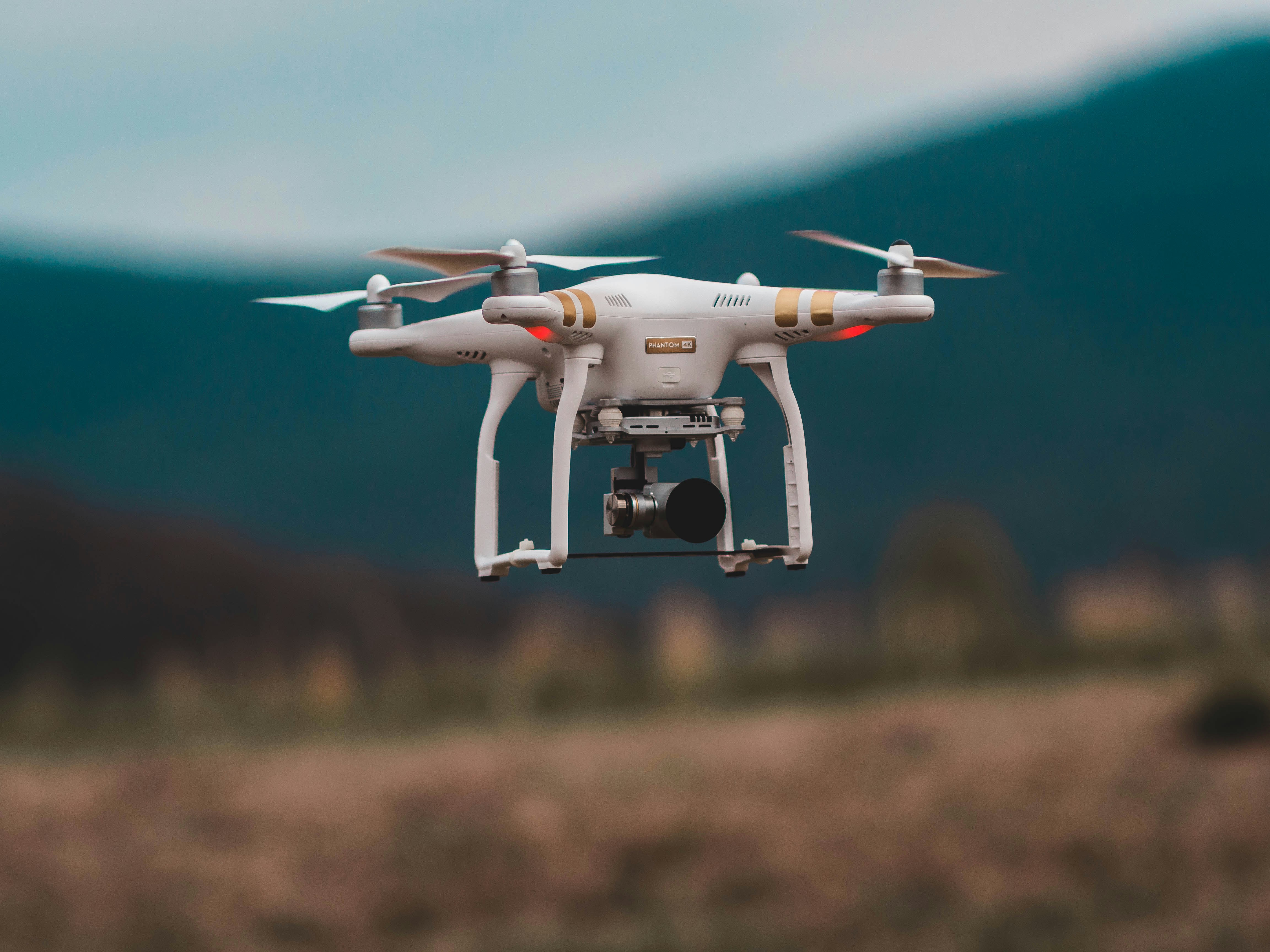This project aims to structure a proposed tax model adapted to the Brazilian reality, based on international benchmarking, regulatory analysis, and computer simulations. Various variables will be evaluated, such as mission type, frequency of use, geographic location, and BR-UTM maturity stage (agricultural, urban, metropolitan, etc.).
The initiative will focus on two lines of research: one focused on analyzing international models and the other on modeling scenarios and economic and regulatory impacts.
Expected results include a technical report with recommendations to DECEA and academic publications on pricing and regulation for unmanned aerial vehicles. The project reinforces ITA's role in applying data science to public policy and regulatory innovation in the aerospace sector.
Elton F. Sbruzzi, Vitor V. Curtis

